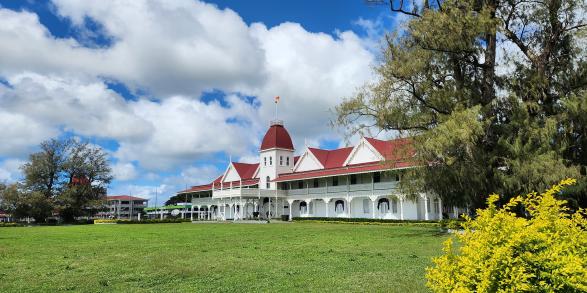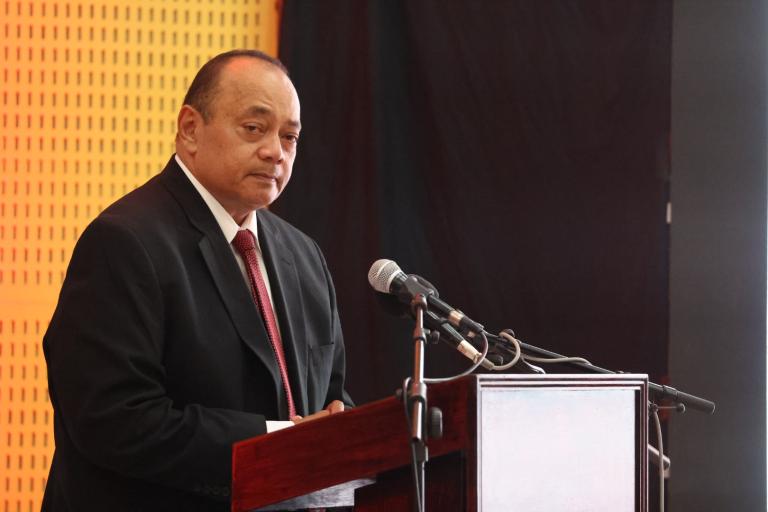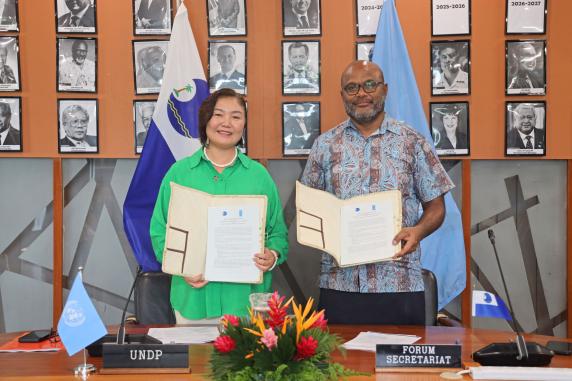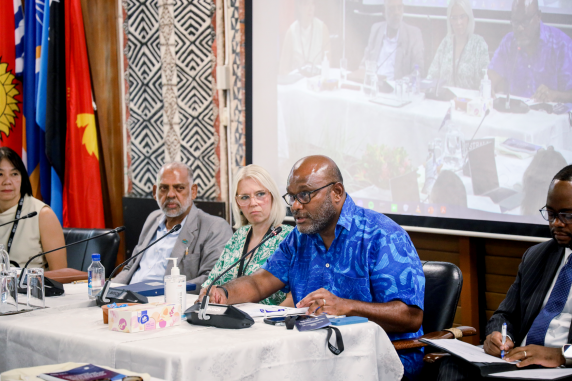Our Work & Programs

How we will work together to secure our long-term wellbeing and prosperity
Our ambition is for a region where all Pacific peoples benefit from our Forum Leaders working together to safeguard, secure, and progress the Blue Pacific Continent.
Read moreOur ambition is for a region where all Pacific peoples continue their attachment to land and ocean and are assured safety, security, gender equality, and access to education, health, sport and other services, so that no one is left behind.
Read moreOur ambition is for a peaceful, safe and secure Blue Pacific region which respects national sovereignty, and where people can realise their full potential as individuals, communities and nations. Where the region delivers Pacific-coordinated responses to security challenges and contributes to building global peace and security.
Read moreOur ambition is for all Pacific peoples to benefit from a sustainable and resilient model of economic development. This includes enabling public policy and a vibrant private sector and others, that brings improved socio-economic wellbeing by ensuring access to employment, entrepreneurship, trade, and investment in the region.
Read moreOur ambition is that all Pacific peoples remain resilient to the impacts of climate change and disasters and are able to lead safe, secure and prosperous lives. In addition, the region continues to play a leadership role in global climate action.
Read moreOur ambition is for all Pacific peoples to live in a sustainably managed Blue Pacific Continent, while steadfastly maintaining resilience to threats to our environment
Read moreOur ambition is that all Pacific peoples benefit from access to affordable, safe and reliable land, air and sea transport and ICT infrastructure, and systems and operations, while ensuring culturally sensitive user-protection and cyber security.
Read moreUpcoming Events
See all events




